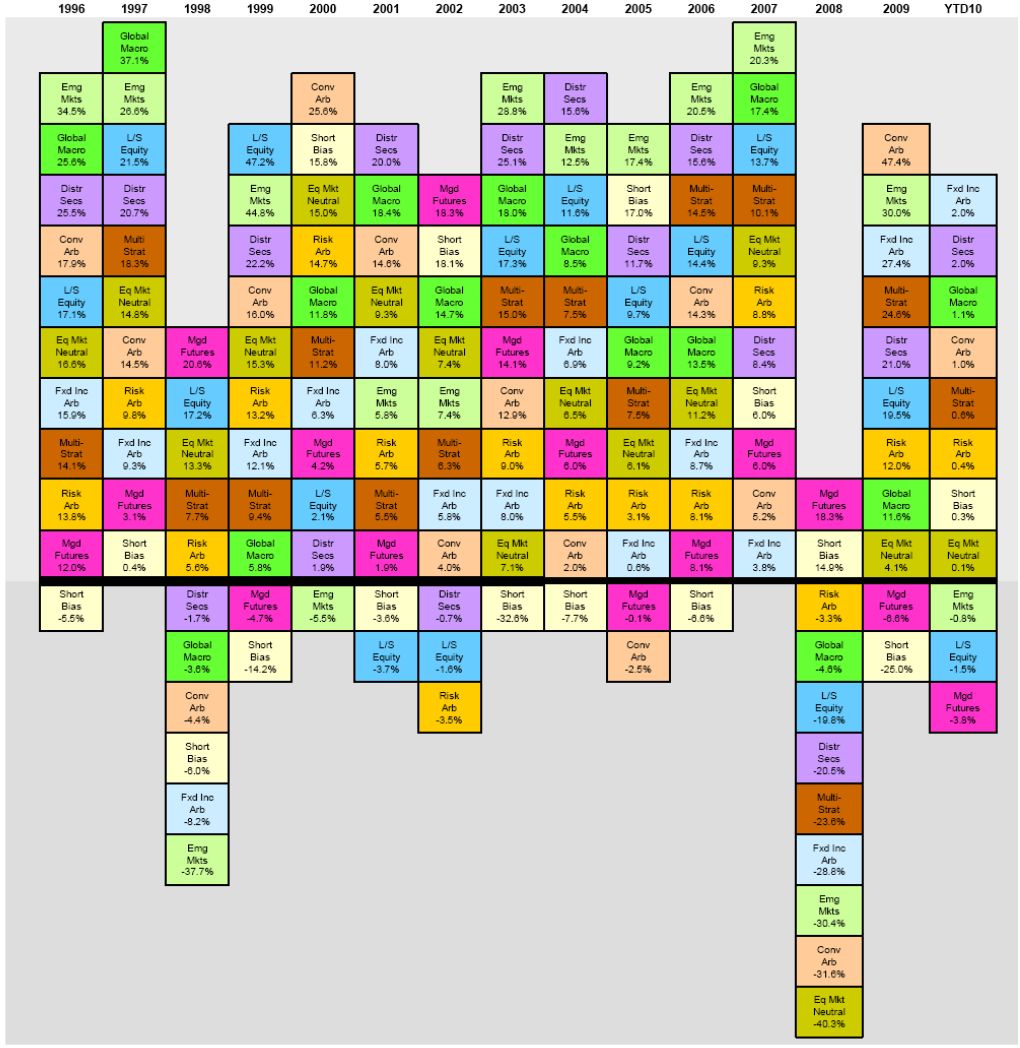Before too much longer, asset managers will be able to market non- EU funds to qualified EU investors under AIFMD passport rules
Like much of the alternative investment community, weve read the law, the briefing notes and the scare stories. Weve also experienced the frustration caused by the imposition of regulatory solutions to problems that many felt didnt exist in the first place.
In the face of increasing regulation in these circumstances, market participants could be forgiven for drawing only negative conclusions from the many complications and costs that AIFMD brings to the alternative investment fund sector. (The Alternative Investment Fund Directive 2011/61/EU of the 8th of June 2011 and Commission Delegated Regulation (EU) No 231/2013 of the 19th of December 2012 supplementing 2011/61/EU). However, as the second anniversary of the implementation of AIFMD (in July 2015) draws nearer, it is important to remember that at least one real benefit is just around the corner.
AIFMD Passport
The much publicised upside to AIFMD is the marketing passport which will ease promotion of compliant alternative funds to suitably qualified investors across the EU. Until July next year, we are in the initial phase of AIFMD when only EU-based managers operating EU funds can qualify for the passport. Other than the initial two year phase, AIFMD is not protectionist in the way it is drafted and fully recognises EU and non-EU funds and managers as being eligible to obtain an AIFMD passport subject to equivalent standards of regulation being in place at both fund and asset manager level.
After July 2015, any fund manager and fund that meets recognised standards will be able to obtain the AIFMD passport. This will enable the promotion of a fund to qualified investors throughout the EU. This new regime comes at a cost but will make marketing much easier and more consistent than previously possible under national rules (also referred to as private placement rules) which vary widely between EU states. The existence of private placement regimes in EU countries is expected to end in 2018 (and in practical terms potentially some time before that).
Full circle on jurisdiction choice?
As the prospect of non-EU managers and funds being able to obtain AIFMD passports for funds without setting up in the EU moves towards reality, it seems that the reasons for choosing between an EU or non-EU jurisdiction that existed up to the implementation of AIFMD will soon return; provided the equivalency regime is effectively implemented.
The equivalency process the fund, the manager or both?
The manager must ensure that both, it and the fund, are compliant in order to be able to gain the AIFMD passport; a smooth, successful application for an AIFMD passport where the fund and/or manager are non-EU will be most likely where the asset manager follows an accepted route for both the manager and the fund structure. Once the accepted routes are developed (most likely during 2015 in many cases) well know a lot more about the extent to which the non-EU fund jurisdictions are likely to be affected by AIFMD.
EU asset managers, managing non-EU fund(s) that they wish to promote within the EU with an AIFMD passport will qualify subject to compliance with AIFMD which includes the non-EU fund jurisdiction having a written agreement with the asset managers member state that the shares in the fund fully comply with Article 26 of the OECD Model Tax Convention on Income and on Capital and ensures an effective exchange of information in tax matters, including any multilateral tax agreements. (Article 35 paragraph 2 (c) of the AIFMD Directive).
For non-EU Asset Managers, the process is the same as for EU asset managers although a member state of reference will need to be determined based on a number of factors also set out in Article 35.
It is clear that leading fund jurisdictions outside the EU such as the Cayman Islands, the British Virgin Islands and the Channel Islands are well underway with preparation to ensure a fully compliant AIFMD fund regime is in place.
UCITS 4
UCITS for hedge funds as a category of funds have grown in popularity given the attractiveness of being able to market a fund across the EU based on one set of rules for promotion; however, this ignores the fact that the needs of investors in retail funds and the needs of investors in qualified investor funds are entirely different. Therefore, despite the success of UCITS, there has been significant and consistent concern about the mixing of these two (very different) sets of investor requirements.
We believe that UCITS funds in the future are more likely to be used for the purpose for which the regime was originally intended, i.e. for the distribution of retail trading strategies around the EU with common standards and not for the distribution of complex strategies to retail investors contrary to the spirit of other regulation.
The Depositary
One of the key requirements of a fund to qualify for the AIFMD passport is the appointment of a strict liability depositary whose duties are very similar to depositaries for retail funds in the EU (specifically those outlined in the UCITS V regime that has recently been finalised). The oversight role of the depositary is extensive and very significant to the operations of the fund – the extent of the impact that this change is likely to have will be watched with great interest by much of the market.
The AIFMD Directive indicates that the depositary for an EU fund should be based, or have a branch, in the jurisdiction in which the fund is based (subject to an exemption that can lead to this requirement being waived until 2017) but there is greater flexibility for non-EU funds which can potentially use EU or non-EU depositaries subject to a number of qualifications.
It is too early to say what the cost of the depositary will be at this stage for smaller to mid-size funds as there are very few service providers in the market although most of the prime banks can already provide the service (generally only for larger funds). We would be pleased to hear from anyone who is aware of banks expecting to provide full depositary services that will be economic for small and medium sized funds (USD 5m to USD 250m).
Conclusion
The impact of AIFMD has been substantial and more change lies ahead as a series of milestones from implementation in 2013 to full effect in 2018 are passed. It is some consolation to the industry that after such a period of immense regulatory pressure that there may be some strong positives to come out of it when it comes to promoting the fund to qualified investors in the EU.
Dominic Lawton-Smith, September 2014
The author is a Director of JP Funds Group and is part of the team that assists asset managers of alternative strategies to launch funds through the co-ordination of external legal expertise and other service providers with the asset manager and investors. The service is usually able to cut costs and hassle at what is often the most cost conscious point of a funds life cycle. Dominic welcomes comment and feed-back via info@jpfunds.com
Important Notes to consider when reading this document
Information and opinion provided in this communication is provided in good faith without such information and opinion constituting legal advice in any form. This information is intended to supplement existing knowledge and should not be relied upon in any way;
- This note and its contents should, in no way, be considered as being a replacement for advice from appropriate tax or legal professionals;
- No liability shall exist for any loss or damage whatsoever arising from or contributed to by a recipients failure to take appropriate, independent advice;
- The sender accepts no liability for any errors or omissions in the contents of this message which may arise for any reason whatsoever; and
- Nothing in this email shall constitute an offer or any part of any contract or collateral contract.
Dominic Lawton-Smith is a Director of JP Funds Group. Dominic has substantial experience in financial markets and services gained in Europe and in Asia as well as more recent, US based fund structure experience. His insight into the fund industry is well supported with his combination of relevant commercial experience as well as his formal legal training at both under and postgraduate level in related fields. Dominic keeps abreast of developments in a number of leading financial jurisdictions and maintains a keen eye on new opportunities for the group within its core activities.



































